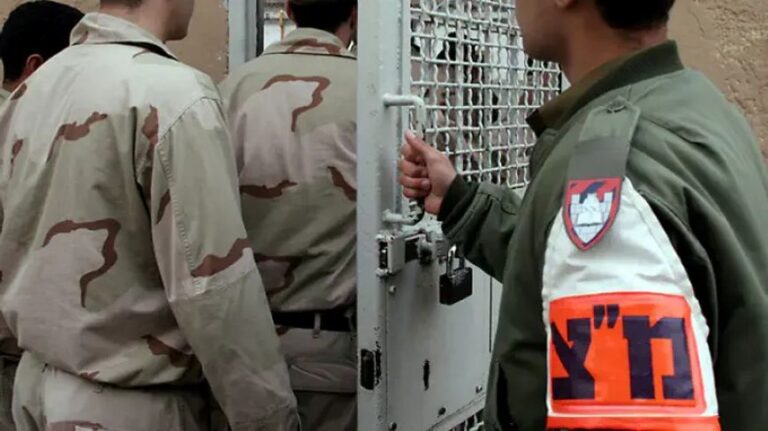But what if everyone else is under-thinking? If you’ve ever had this thought then you might be an overthinker. When it comes to big decisions though- like choosing the person you’re going to spend the rest of your life with- overthinking can seem reasonable. Responsible even.
How can you tell the difference between healthy thinking and overthinking? And how to tell the difference between genuine red flags that shouldn’t be ignored vs. hypervigilance due to anxiety or relationship trauma?
The line between good thinking and overthinking isn’t always clear, especially in dating. One is about paying attention; the other is about trying to prevent uncertainty. One helps you notice truth; the other keeps you trapped in what-ifs.
If you are prone to anxiety or overthinking in general then it’s more likely to manifest in dating as well. Even if you are not the anxious type, if you have been hurt by failed relationships in the past, then your nervous system is going to be on high alert trying to protect you from danger. Intimacy and closeness are scary as they have led to pain and suffering in the past. If you go over things again and again, figure out every possible scenario and angle then you can protect yourself from hurt and you won’t be blind-sided. Your gut may be telling you that something is off and it may not be wrong per se, but just remembering instead of noticing.
Try to pay attention to how it feels as you’re thinking.
Healthy discernment is slow, deliberate and calm. It’s grounded, and motivated by curiosity. Over-thinking feels urgent, rapid, circular and quite frankly, exhausting. It spins wheels in a mental maze, testing boundaries, replaying every scenario, seeking control that isn’t possible.
Here’s a few ways to help you get a sense of whether your thoughts are leading you in a helpful direction or down an endless rabbit hole:
- Slow down. Don’t make rash decisions based on a one time feeling. Notice patterns over time and consistency in how you feel. Is this something that feels like a big deal at 1am but not after a good night’s sleep, or is this something that is bothering you steadily and consistently?
- Put pen to paper and write down your thoughts. Externalizing what you are thinking and putting it into words can be helpful in clarifying how much of what is going on is facts vs. feelings and how much seems grounded in reality vs. catastrophizing.
- Speak to someone. This is a tricky one because speaking to the right person can be helpful and the wrong one not so much. Speak to someone that you consider to be grounded and wise and let that person know that you would like to hear their honest reflection and feedback on whether it sounds like you are overthinking or spiraling. Do not ask that friend, who like chatgpt will just validate and re-enforce how you are already feeling without any honest and sincere challenge.
Healthy thinking notices the truth. Overthinking chases fear. Your past may heighten your vigilance, but slowing down, writing things out, and seeking grounded perspectives helps you separate real red flags from echoes of old pain.
Dating isn’t about controlling every outcome—it’s about trusting yourself. When curiosity and presence guide your thinking, rather than urgency and fear, you can finally recognize safety and connection when they are truly there.
Chayi Hanfling is a licensed clinical social worker who is experienced and passionate in helping individuals, families, and couples. She specializes in couples counseling, EFT, women’s health, anxiety management, OCD, trauma, and other mental health challenges. She can be reached at https://chaicounseling.org or [email protected]
(YWN World Headquarters – NYC)












3 Responses
Please don’t post such pictures on a toradika site. V’hameivin yavin.
The picture cries out lack of Yiras Shamayim…. lack of tzniyus. Is it the therapist or the website or both???? Why????? Why???? Kedusha is the centerpiece of Yiddishkeit. Kedoshim Tihyu. Especaillty when dealing with possible Kidushin!!!
BTW she specializes in so many areas???? What indeeed is a specialty?????
Rabbaim
For being termed rabbaim and being ultra machmir in so many ways, why are u belittling a frum lady with your 4 question marks x 2?